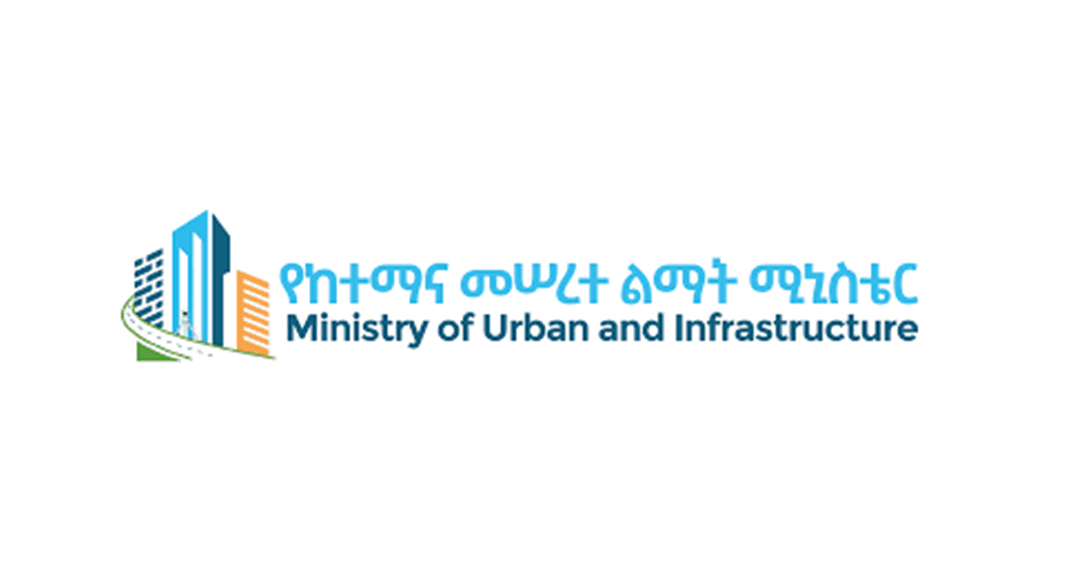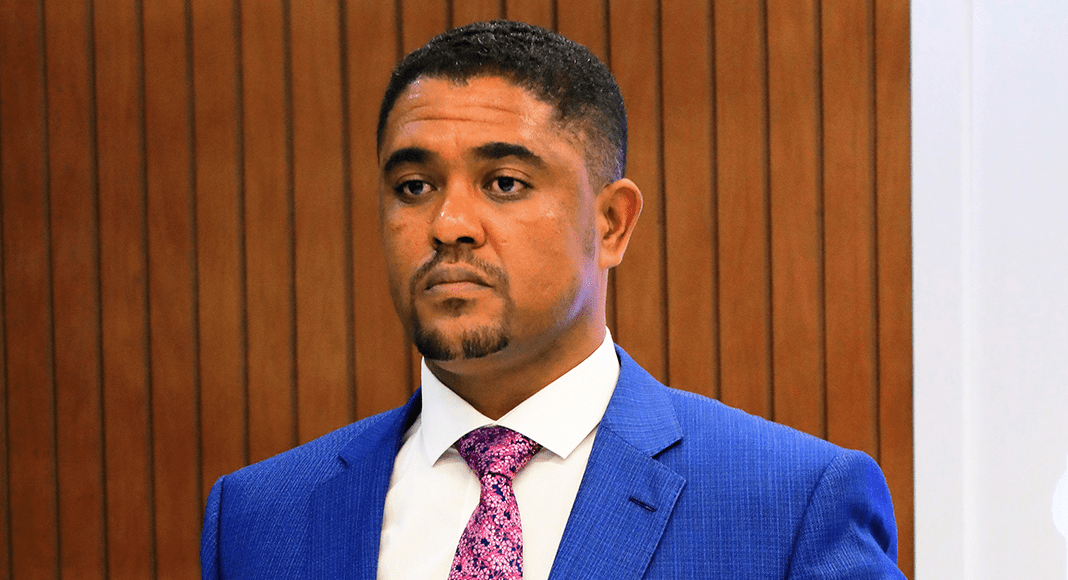Ethiopia’s Ministry of Justice has implicated banks, microfinance institutions (MFIs), real estate developers, NGOs, remittance service providers, and car dealerships in money laundering activities. This revelation comes as officials push Parliament to ratify two important bills aimed at tackling financial crimes, including money laundering and terrorism financing.
Investigation Results and Bill Proposals
According to newly appointed Justice Minister Hana Arayaselassie and her deputies, investigations were conducted based on recommendations from international bodies like the Financial Action Task Force (FATF) and the Eastern and Southern Africa Anti-Money Laundering Group (ESAAMLG). These investigations uncovered that sectors such as real estate, NGOs, and financial institutions are being used to launder illicit assets.
The bills—focused on money laundering, asset recovery, and financing terrorism—aim to address gaps in existing laws. The main focus is on tracing the origins of illicit funds, including cash, precious metals, and smuggled commodities.
Key Provisions of the Bills
- Mandatory Identification: Dealers in precious metals, real estate agents, and car dealerships would be required to identify clients involved in large cash transactions.
- Financial Intelligence Service (FIS): FIS would be given new powers to oversee the implementation of these laws in financial institutions and cross-border transactions.
- Cross-Border Cooperation: The bills emphasize the need for informal cooperation with financial intelligence institutions globally to curb illicit activities.
Concerns Raised by MPs
While government officials support the bills, members of Parliament (MPs) have raised several concerns. One major issue is the Asset Recovery Proclamation, which would allow investigations into asset acquisitions made up to 10 years ago, provided the assets exceed 10 million birr.
- Retrospective Investigations: Some MPs questioned the fairness of the 10-year look-back period and the 10 million birr threshold, fearing the bills could be used to target political opponents, journalists, and innocent citizens.
- Exemptions for Government Officials: Lawmakers also questioned why the bills seem to focus on the private sector while government officials remain largely unaffected.
Impact on the Diaspora and Businesses
Opposition MPs expressed concern that the bills could negatively affect Ethiopian diaspora members who sent money through the black market to buy property. They worry this money could now be seized due to the retrospective provisions of the bills.
The bills also address virtual currencies, exploring their potential role in money laundering or financing terrorism.
Government Response
Despite these concerns, the Ministry of Justice has clarified that the bills aim to tackle large-scale financial crimes, not minor offenses. The Ministry has also assured MPs that a trust will manage any recovered assets, not the Ministry itself.
The bills allow the Ministry to freeze bank accounts for up to seven days, with courts able to extend this to 120 days for special investigations. MPs have voiced concerns that this could harm businesses, as extended freezes could lead to financial losses.
Next Steps and Revisions
The bills are still under review, and Parliament is expected to make revisions before ratification. The government has stressed that the goal is to curb money laundering and financing terrorism while strengthening Ethiopia’s position in global financial systems.





